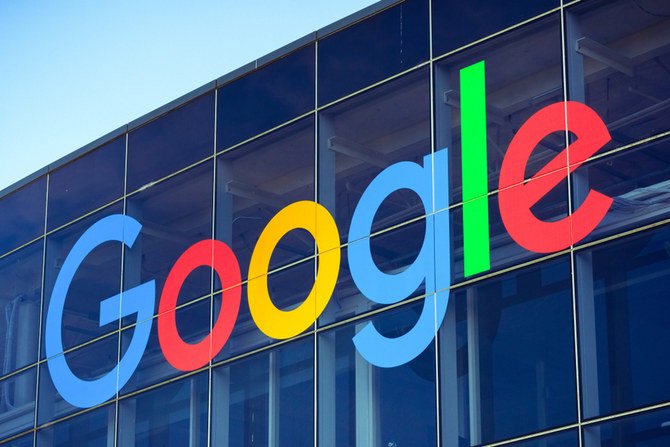Google’s $1bn Africa

Google introduced $1bn of investments in Africa’s digital transformation in its first ever Google for Africa occasion on 6 October.
Over the subsequent 5 years, Google’s investments will give attention to enhancing connectivity, backing African tech startups and entrepreneurs, and renewing Google’s non-profit commitments on the continent, Nitin Gajria, Google’s managing director in Sub-Saharan Africa, instructed the BBC.
One of many initiatives is the Google sub-sea cable challenge stretching to South Africa, Namibia and Nigeria that the corporate says will enhance web entry and affordability by subsequent 12 months. The tech large may even make investments $50m in its Africa Funding Fund geared toward progress stage startups.
Nevertheless, the tech large’s funding plans have sparked a debate about whether or not Google ought to pay extra tax within the African nations by which it operates. Carlos Lopes, professor within the Mandela College of Public Governance on the College of Cape City and former secretary basic of the United Nations Financial Fee for Africa, mentioned that growing the tax burden on Google would guarantee extra money flows into Africa’s digital transformation.
“Lookup-close: Google doesn’t pay taxes in Africa. If it did it might be most likely method above the $250 million a 12 months provided right here,” he mentioned.
NGOs have lengthy argued that enormous tech companies similar to Google, Fb and Microsoft ought to be paying extra company tax in growing nations. ActionAid estimated final October that 20 growing nations are lacking out on as much as $2.8bn in tax income that might be used to sort out the pandemic. The potential $2.8bn ‘tax hole’ calculation was based mostly on the share of the three tech giants’ world income, relative to their variety of customers and adjusted for nations’ GDP per capita. ActionAid say that it was inconceivable to find out how a lot tax, if any, Google dad or mum firm Alphabet pays to the nations.
Africa wants round $86bn in infrastructure funding to help common web entry, an quantity that Lopes argued can be “peanuts” for Google, which he says would profit handsomely from elevated penetration.
But the worldwide tax system is poised for basic reform underneath a historic tax deal reached by G7 nations in June. Beneath the G7 deal, corporations might be taxed in any nation the place they make greater than 10% revenue on gross sales. A worldwide minimal company tax fee of 15% may even be launched to cease nations from undercutting one another to host tech giants. The deal is about to finish a system underneath which giant corporations pay low taxes within the nation by which they’re headquartered, which campaigners say has sparked a worldwide ‘race to the underside’ on tax. Some African nations have additionally unilaterally launched taxes on tech giants – Kenya has enacted a 1.5% tax on all digital providers, no matter the place an organization relies.
African nations are poised to approve the brand new G7 tax deal, Lopes says, however he stays pessimistic about how a lot of the 15% will accrue to African nations.
“Sadly they won’t see a lot of that 15% minimal tax fee,” he says.



